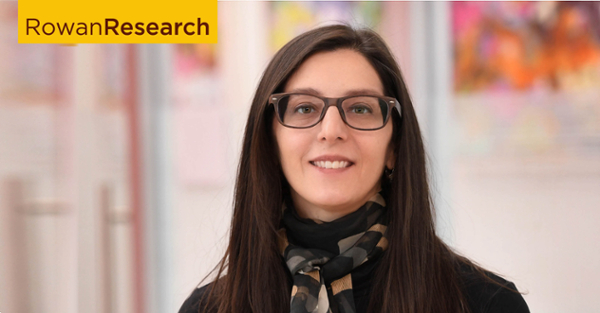Rewarding healthy behaviors
Rewarding healthy behaviors

Human behavior is difficult to manage: Why do people do the things they do, even when some habits are bad for them? And how can they change these behaviors?
Bethany Raiff, Ph.D., a professor of psychology in the College of Science & Mathematics, has designed incentive-based approaches, often using technology, to help people quit smoking, attend treatment for opioid use disorder, and engage in physical activity.
“We make a lot of decisions that are not always in our best interest,” Raiff said. “I am trying to understand how to shift people’s decision-making toward healthier behavior.”
Bethany Raiff, Ph.D.
Psychologist
Areas of expertise: Incentives, behavioral interventions, health behavior, technologyMore information
Using video games and apps, Raiff is able to give patients rewards for drug abstinence, adhering to a medical regimen, or for partaking in physical activities. For example, Raiff is developing a smartphone app that will identify the top apps each study participant uses—such as social media or games. Participants will decide which of those top apps will be blocked. The participants can only unblock the app when they submit a breath sample via their mobile phone that shows they have not been smoking.
“If people are adherent and they’re quitting smoking, they should have access to whatever apps they normally use,” Raiff said.
In another study, Raiff and her team developed a video game that provided incentives for users to abstain from smoking, again by showing they were not smoking by submitting breath samples.
To learn how to reward those who do not have access to smartphones or computers, Raiff is working with people in treatment for opioid use. The study participants may receive a financial payment on a reloadable debit card for attending treatment appointments, for adhering with medications, and for remaining drug abstinent.
The goal is to give all patients immediate rewards for health behavior changes because most of the positive effects don’t materialize until far into the future.
Rowan University researchers are passionate about what they do. Find more at Meet Our Researchers.